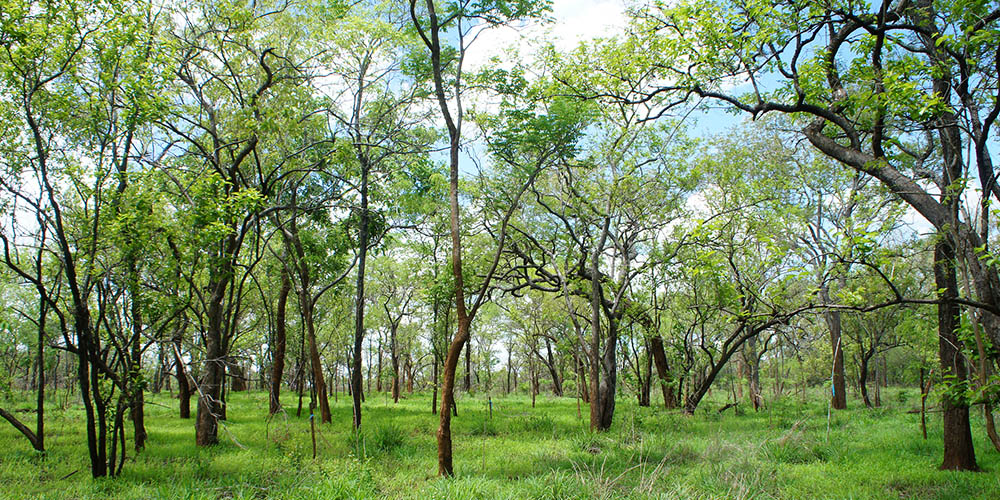Large amounts of wood are used to produce musical instruments, such as pianos and string, percussion, wind instruments, and even digital instruments, as well as products like speakers and soundproof rooms. Each type of wood has different acoustic properties, meaning that they all produce unique tones and reverberations. These sound characteristics are a crucial part of the appeal of Yamaha products. High-quality timber with a pleasing exterior, lacking the cracks and knots common in, and that is easy to process or boasts superior acoustic qualities is valuable for use in musical instruments. Such high-quality timber is suited to musical instrument production, and Yamaha chooses the type of timber based on the desired application. It is not uncommon for us to even choose scarce timber resources, which can only be found in small quantities.
In recent years, we have seen a decline in the volumes and quality of timber resources, creating concern for the future sustainability of these resources. In order to address these concerns, it is important to go a step further than prior efforts for cultivating and preserving forests to advance initiatives that have economic development benefits.
Based on this realization, Yamaha has embarked on a new project to promote sustainable forest utilization. Under the moniker of Tone Forest activities, we are working together with local communities to create a forestry system for producing high-quality timber in what we refer to as Tone Forests. Our focus in these efforts is not limited to just forest preservation and timber resource production volumes. Rather, we take a comprehensive view toward creating local employment opportunities and contributing to social development. These Tone Forest activities are advanced together with government agencies and academic institutions and with emphasis placed on the three perspectives of forest preservation , timber use, and local economic development.

![[ image ] Cultivating Lush Forests Together with the Local Communities to Support the Production of High-Quality Instruments](images/pict_main.jpg)
![[ icon ] 12: RESPONSIBLE CONSUMPTION AND PRODUCTION, 13: CLIMATE ACTION, 15: LIFE ON LAND, 17: PARTNERSHIPS FOR THE GOALS](images/pict_icon.jpg)
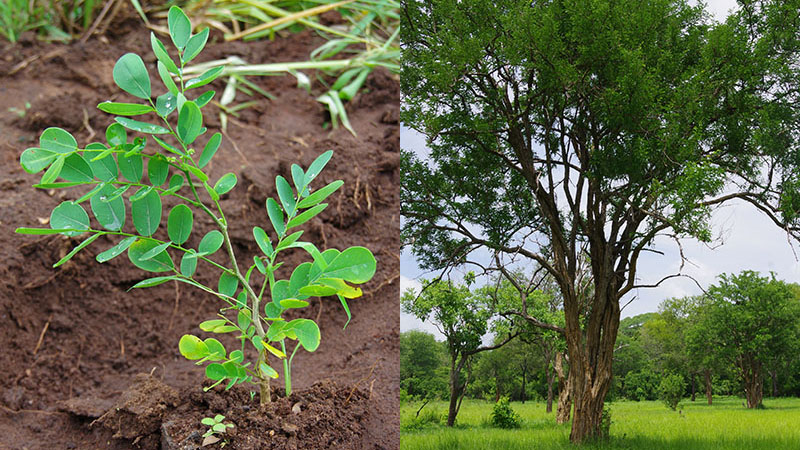
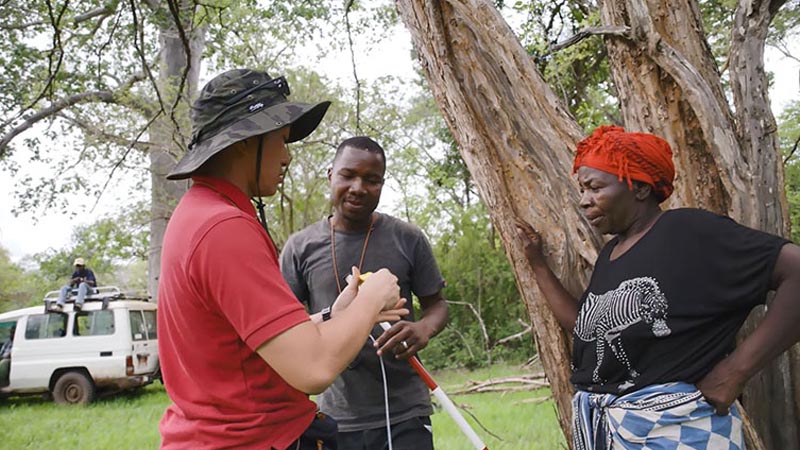
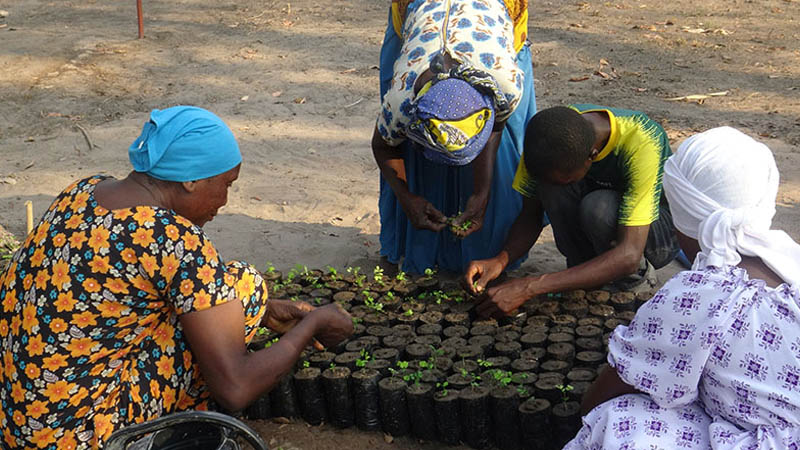
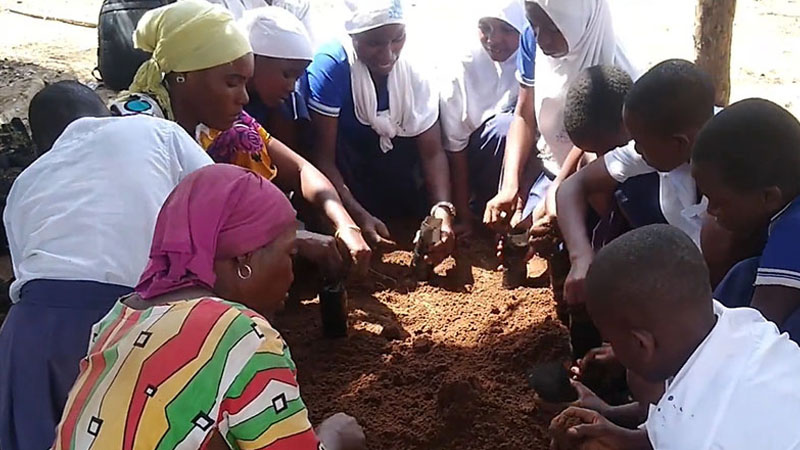
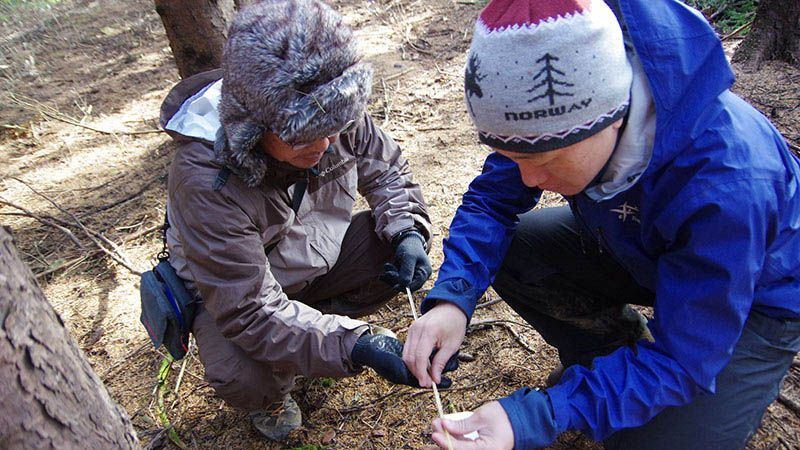
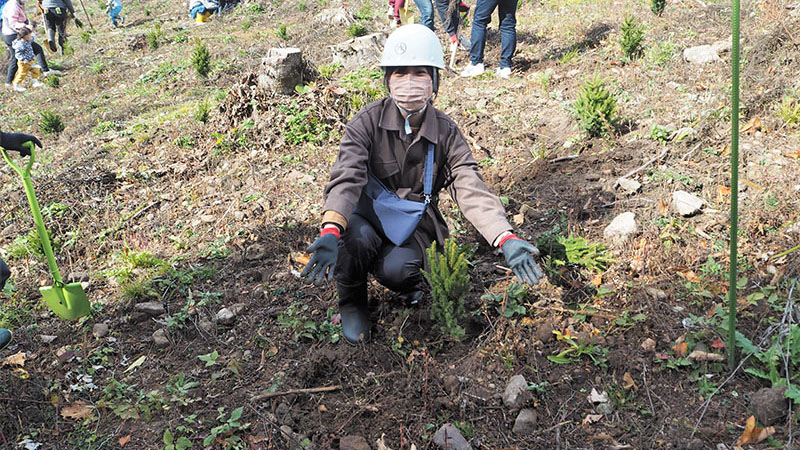
![[ photo ] Yamaha concluded a three-year comprehensive research agreement with Kyoto University](images/pict_07.jpg)
![[ picture ] Comprehensive research agreement](images/pict_08.jpg)
![[ graph ] Ratio of Procured Timber at Low Risk (Volume Ratio)](images/pict_09.jpg)
![[ graph ] Ratio of Certified Timber Use](images/pict_10.jpg)
![[ picture ] Sustainable Timber Use (Core Theme of the New Make Waves 2.0 Medium-Term Management Plan)](images/pict_11.jpg)
